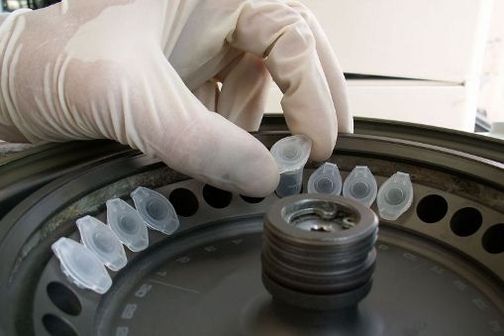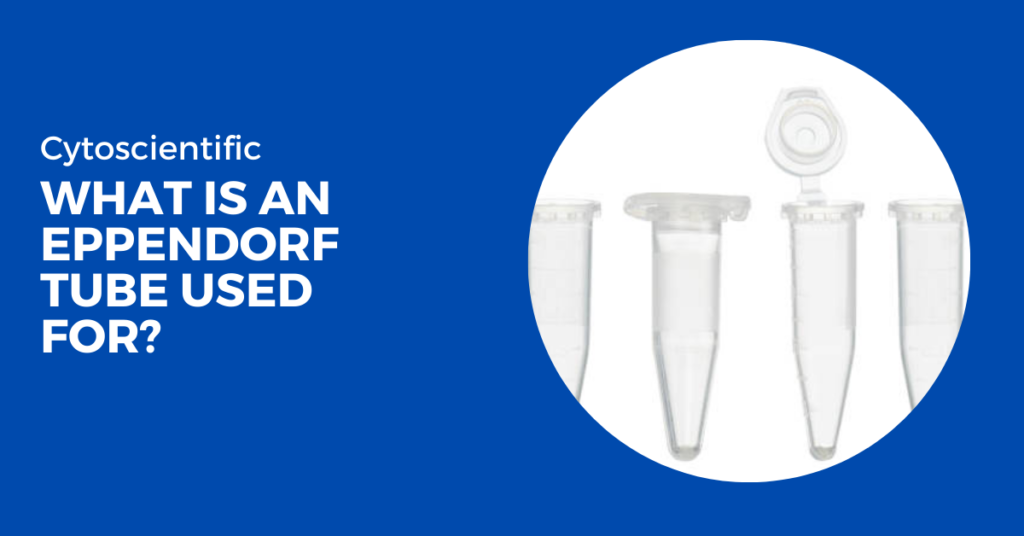Eppendorf tube, also known as microcentrifuge tubes or Eppies, are small cylindrical plastic containers that play a crucial role in various scientific and laboratory applications. In this comprehensive article, we will delve into the diverse uses of Eppendorf tube, highlighting their importance in biological research, molecular biology, clinical diagnostics, and more.
Application of Eppendorf tube
Eppendorf tube are usually made from high-quality polypropylene, ensuring durability and chemical resistance. They are available in various sizes, typically ranging from 0.5 mL to 2.0 mL, with some variations in between. The tubes are designed with a secure snap-cap lid to prevent spillage and contamination, making them ideal for handling small volumes of liquid.
Key Features and Advantages of Eppendorf Tube
Eppendorf tube offer several advantages that make them indispensable in laboratory settings:
- Durability and Chemical Resistance: The polypropylene construction of Eppendorf tube ensures that they can withstand a wide range of chemicals and temperatures without degrading.
- Leak-Proof Design: The snap-cap lid design prevents leaks and contamination, ensuring the integrity of the samples.
- Versatility: Eppendorf tube are compatible with various laboratory equipment, including centrifuges, vortex mixers, and thermocyclers.
- Transparency: The clear plastic material allows easy visualization of the contents.
- Graduations and Labeling: Many Eppendorf tube feature molded graduations and labeling areas, facilitating accurate measurement and identification of samples.
Application of Eppendorf tube
Sample Preparation and Storage
One of the primary uses of Eppendorf tubes in biological research is for the preparation and storage of samples. These tubes are ideal for aliquoting small volumes of liquids, such as buffer solutions, reagents, and biological samples. Researchers rely on microcentrifuge tube to store DNA, RNA, proteins, and other biomolecules, ensuring their stability and preventing degradation.
Centrifugation
Eppendorf tube are commonly used in centrifugation processes. Their robust design allows them to withstand high centrifugal forces, making them suitable for separating cellular components, nucleic acids, and proteins. The conical shape of the tubes facilitates the collection of pellets at the bottom, which can then be easily resuspended for further analysis.

PCR and qPCR
Polymerase Chain Reaction (PCR) and quantitative PCR (qPCR) are fundamental techniques in molecular biology. Microcentrifuge tube are used to prepare and amplify DNA samples in these processes. Their compatibility with thermocyclers ensures precise temperature control during PCR cycles, leading to accurate and reproducible results.
Enzyme Reactions
Eppendorf tube are also essential for conducting enzyme reactions. Researchers use these tubes to mix enzymes with substrates, allowing biochemical reactions to occur in a controlled environment. The secure closure of the tubes prevents evaporation and contamination, ensuring the integrity of the reactions.
Cell Culture Applications
Eppendorf tube are also used in cell culture applications. Researchers utilize these tubes to culture and maintain cell lines, prepare cell suspensions, and conduct various assays. The secure closure of the tubes prevents contamination, ensuring the viability and integrity of the cell cultures
Conclusion
Eppendorf tube are essential tools in modern scientific research, clinical diagnostics, biotechnology, and pharmaceutical industries. Their versatility, durability, and reliability make them crucial for a wide range of applications, from sample preparation and storage to complex molecular biology techniques. Understanding the various uses and advantages of Eppendorf tube is important for researchers and clinicians to ensure the accuracy and integrity of their experimental and diagnostic results

